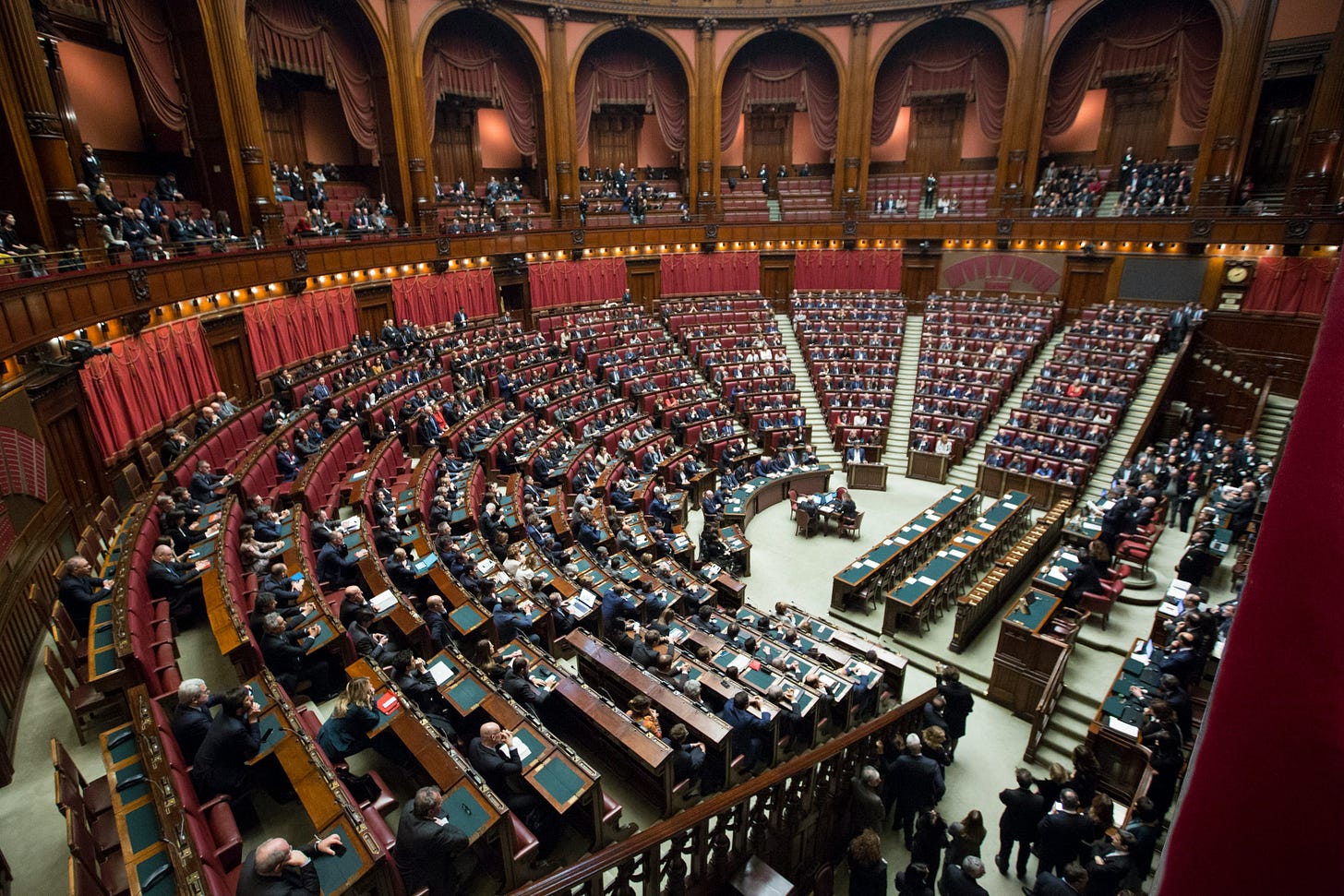Gaza Starvation Crisis: When Food Becomes a Political Choice
The Math Doesn't Lie. The Politics Do.
Photo by Marco Oriolesi on Unsplash
Tiny Desk Publishing: Sharp observations, big picture thinking - all from a desk just like yours.
Today’s Leading Story:
Picture a population that needs at least 500 aid trucks daily to survive. They're getting maybe 70 on a good day.
This isn't a logistics problem. It's a choice.
The Gaza starvation crisis exposes something ugly about how power works. Before the war, 500-600 trucks entered Gaza daily, with estimates of 1,000-1,500 trucks needed to alleviate the current starvation. Now? We're celebrating when 100 trucks make it through.
Here's what Western governments won't say: They have the leverage to change this tomorrow. They choose not to.
Blocked Aid Trucks: The Daily Denial
The Israeli military says it has allowed an average of 70 trucks a day since May, while UNRWA has about 6,000 aid trucks in Jordan and Egypt waiting to be approved.
Six thousand trucks. Sitting. Waiting.
In 2.5 months, just twelve aid trucks of food and water entered North Gaza. Twelve. That's not chaos - that's system design.
The crossings aren't destroyed by accident. The checkpoints aren't slow by coincidence. When you need more than 62,000 metric tons of food every month for basic humanitarian assistance and you're getting a fraction of that, the gap isn't administrative. It's intentional.
Western Complicity: The Quiet Enablement
Canada sells arms. The US provides billions in military aid. European allies maintain trade relationships.
All while people eat leaves to survive.
In September, 15 international aid organizations said Israel was blocking 83 percent of Gaza's aid. The Western response? Diplomatic language about "concern" and "humanitarian access."
This isn't passive complicity. It's structured support for a policy that weaponizes hunger. When you have the power to demand change and you choose diplomatic theater instead, you're not neutral. You're complicit.
Food as a Weapon: The Quiet Violence
International law is crystal clear: using starvation as a weapon of war is a crime.
But legal definitions don't stop bullets. They don't open borders. They don't fill empty stomachs.
Tens of thousands of mostly men gather at night, waiting to move forward to collect desperately needed food aid. Gunshots ring out, people freeze, and some get shot. This is what "food distribution" looks like in Gaza now.
The strategy is simple: make survival so difficult that populations submit or leave. Food becomes the weapon. Hunger becomes the strategy. Aid workers become targets.
When humanitarian operations are "near collapse" according to the World Food Programme, that's not bureaucratic failure. That's policy success.
FAQs: What People Are Asking
Why aren't aid trucks getting into Gaza? Because the system is designed to limit them. Oxygen canisters, water filters, metal forks, over-the-counter painkillers, and generators were among the items that prevented trucks from entering Gaza. When metal forks are security threats, the problem isn't security.
What's the US and Canada's role in Gaza's famine? They provide the weapons, funding, and diplomatic cover that make this blockade possible. Their silence isn't neutrality—it's enablement.
Is starvation a war crime? Yes. Using starvation as a method of warfare violates international humanitarian law. Enforcement is another matter entirely.
How many trucks does Gaza need daily? At a minimum, 500-600 for basic survival. To address malnutrition? Up to 1,500. Current average? Around 70.
Turning Privilege Into Pressure
Western governments have leverage they refuse to use. Arms sales create dependency. Trade deals create influence. Diplomatic relationships create pressure points.
The question isn't whether they can demand humanitarian corridors. It's why they won't.
This isn't about charity. It's about removing deliberate obstacles to let food flow. The aid exists. The trucks exist. The food exists.
What's missing is the political will to say: Open the crossings or lose the weapons deals.
Don't Just Share - Demand Access
Sharing articles feels good. Changing policy works better.
Email your representatives. Ask specific questions about arms sales and trade relationships. Demand they condition military aid on humanitarian access.
Because the math is simple: When people are dying of hunger while food sits in trucks outside the border, the problem isn't logistical.
It's political.
And political problems have political solutions.
Thanks for Reading
Buy Me A Coffee |Gumroad| Medium



This article, while supporting your perspective, seems to lack factual accuracy and important context.
You may have overlooked the German study which indicated that many of the "starvation" photos from Gaza were either staged or depicted children with pre-existing genetic conditions. While suffering and hunger exist due to the conflict, widespread starvation isn't accurate, except in the case of the Israeli hostages who are literally being starved to death in Hamas tunnels.
Have you considered why, unlike other modern conflicts such as Ukraine, civilians in Gaza were prevented from evacuating the war zone? Perhaps this is because Hamas, and even some Western nations, benefit from civilian casualties and suffering, as it puts Israel in a difficult position.
I can provide data on aid entering Gaza and the source of bottlenecks, though I suspect you might only be interested if it aligns with your existing viewpoint.
Here's a suggestion for your representative: urge the UN/UNRWA to cease indoctrinating Palestinian children from a young age to hate Jews. Reform the UNRWA's educational system and make funding contingent on ending the abuse of raising children to desire and be willing to die for their cause. This might create a genuine opportunity for peace in the future.
This conflict could have ended on October 8th if Western nations had simply demanded the release of the hostages and Hamas' surrender. However, that didn't happen, and still hasn't.